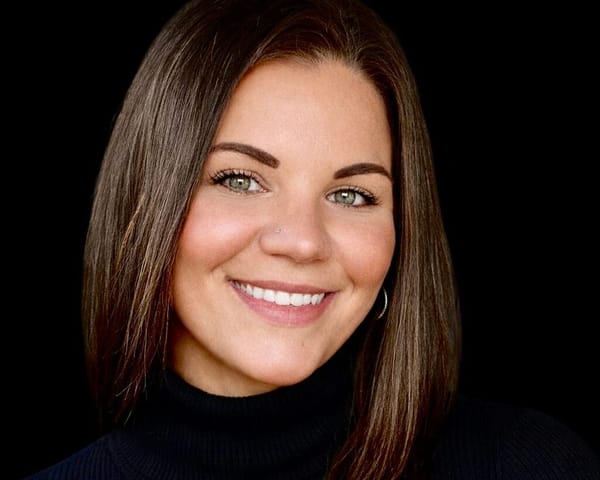Alabama Leads 23‑State Legal Push to Uphold Trump Executive Order Banning Federal Funding of Sex‑Change Procedures for Minors
Amicus briefs filed in support of EO in Fourth and Ninth Circuit Courts of Appeals

Alabama Attorney General Steve Marshall has filed amicus briefs in the Fourth and Ninth Circuit Courts of Appeals in support of former President Trump’s Executive Order (EO) that bars federal funding for sex‑change procedures on minors. The litigation follows preliminary injunctions issued earlier this year by federal judges in Washington and Maryland in cases brought by the State of Washington and litigants represented by the ACLU and Lambda Legal (AP News, Alabama Attorney General's Office).
The EO at issue—Executive Order 14187, signed January 28, 2025—called on federal agencies to withhold Medicaid, Medicare, TRICARE, and other government funding from any sex‑change procedures for individuals under 19 years of age.
Attorney General Marshall condemned the ACLU’s lawsuit, saying, "Even though President Trump is in office, common sense and constitutional principles are under constant assault by radical leftist groups like the ACLU, who are now asking federal courts to force taxpayers to fund sex‑change procedures on children—an unconscionable demand that ignores overwhelming medical, legal, and moral concerns.”
He added, "Thanks to the work of our team in Alabama, we’ve uncovered a disturbing, top‑down effort to manipulate medical guidelines and eliminate age restrictions for these irreversible procedures. Even as global medical authorities urge caution, and public opinion on this issue is turning against it, the ACLU and its radical allies continue to rely on discredited standards to argue that these procedures are medically necessary. The evidence says otherwise. These harmful interventions have lasting consequences for vulnerable children.”
"Our brief again sets the record straight and urges the courts to reject these dangerous, politically motivated efforts," Marshall concluded.
The Coalition includes Attorneys General from Alaska, Arkansas, Florida, Georgia, Idaho, Indiana, Iowa, Kansas, Kentucky, Louisiana, Mississippi, Missouri, Nebraska, North Dakota, Ohio, Oklahoma, South Carolina, South Dakota, Tennessee, Texas, Utah, Virginia, West Virginia, and Wyoming—all supporting the briefs in both Appellate Courts.
Marshall has also taken part in related litigation, notably defending Alabama’s Vulnerable Child Compassion and Protection Act (VCAP)—which bans puberty blockers and hormone treatment for minors—filing a related amicus brief to the U.S. Supreme Court in October. That brief detailed how the World Professional Association for Transgender Health’s (WPATH) Standards of Care were allegedly shaped by legal strategists and lacked solid scientific backing.
The current legal battle shares key similarities with the challenges to Alabama’s VCAP Act. Like the federal order, Alabama’s law argues that such procedures are harmful and medically unproven for children. However, while the State law directly prohibits the procedures within Alabama’s borders, the Trump EO focuses on restricting federal funding for them nationwide. Both have faced strong pushback in court, with critics arguing they infringe on parental rights and medical freedom.
Opponents including the ACLU and Lambda Legal argue that the EO violates anti‑discrimination laws and federal law and infringes on parental rights and state authority. They maintain that gender‑affirming care is recognized as medically necessary by mainstream health associations (AP News).
Recently, legal challenges against Alabama’s VCAP were withdrawn by both the ACLU and Lambda Legal, allowing the Act to stand.
As litigation proceeds in the Fourth and Ninth Circuits, their outcomes are likely to influence similar challenges nationwide. The question at stake is whether federal funding bans and related directives can lawfully override existing medical and State practices involving transgender youth — and whether Courts will accept the legal and scientific claims presented by both sides.
A brief description of some of the evidence supporting the ban on biological treatments for gender dysphoria in minors may be found in this article, previously published on ALPolitics.com.
The full brief to the Fourth Circuit Court of Appeals can be found here.
The full brief to the Ninth Circuit Court of Appeals can be found here.




